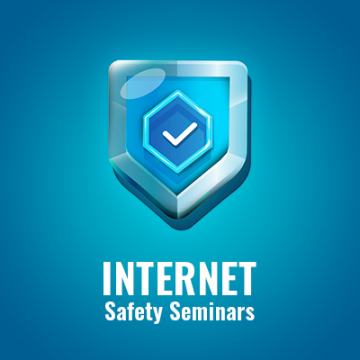
Some topics below...
Terrorism
Gay rights
Abortion
Celebrity scandals
Eating disorders
Antisocial behaviour
Substance abuse



Some topics below...
Terrorism
Gay rights
Abortion
Celebrity scandals
Eating disorders
Antisocial behaviour
Substance abuse

The internet has completely changed the way we live. We bank online, attend classes online, shop online, work remotely, and stay connected with friends and family through social media. But while the digital world offers convenience, it also comes with risks like scams, hacking, identity theft, and cyberbullying. That’s why more people are actively searching […]
In today’s digital age, where almost everyone uses smartphones, social media, and online platforms, our lives are more connected than ever. But this connectivity comes with risks — one of the most serious being cyberbullying. For people in Ireland and around the world, questions like “can cyberbullying be a crime?” and “when can cyberbullying happen?” […]
The internet has become an essential part of daily life—for learning, communication, entertainment, and work. While it offers unlimited opportunities, it also comes with risks. This is where Google Internet Safety plays an important role. Google provides tools, guidelines, and best practices to help users stay protected online and enjoy a safer digital experience. In […]